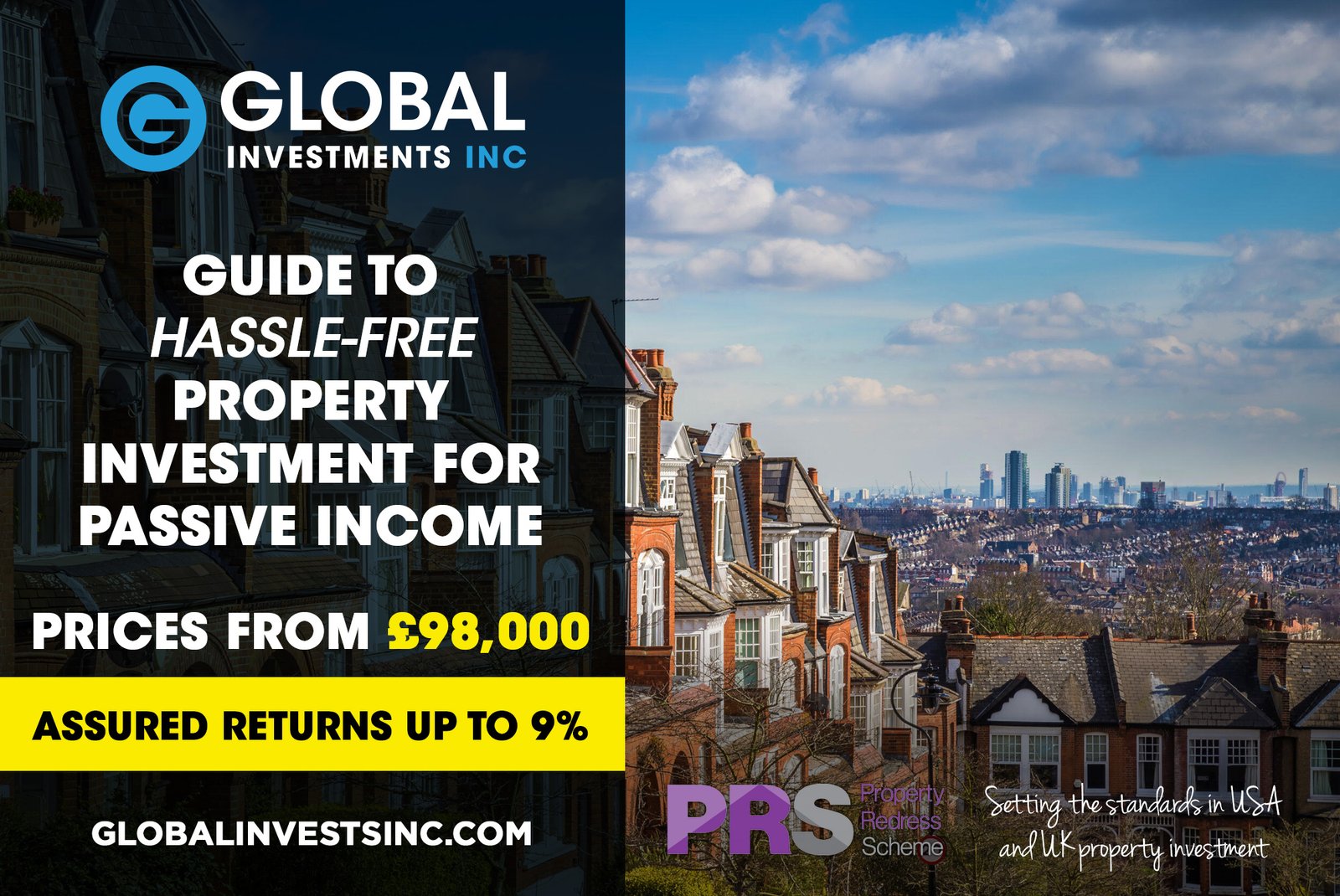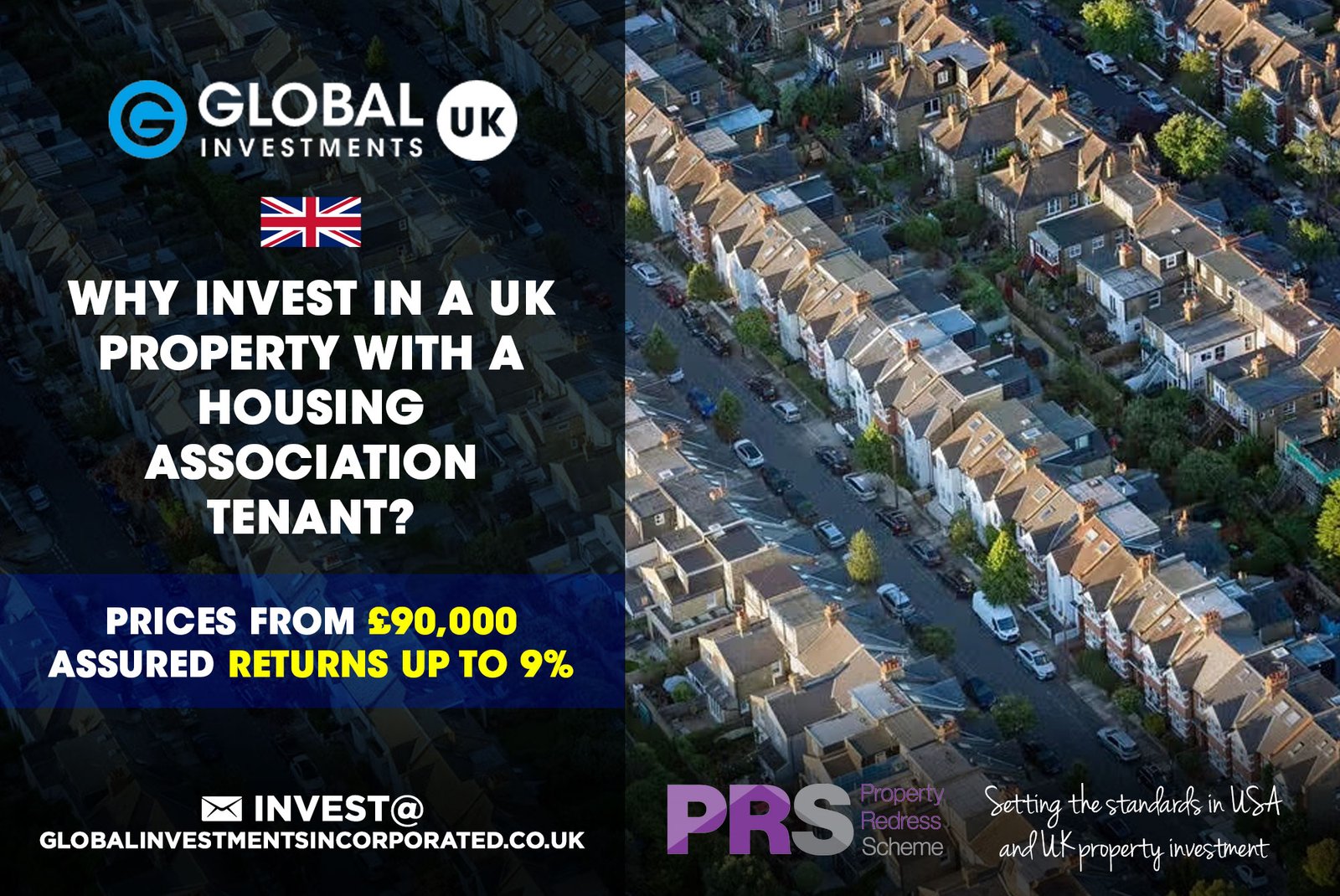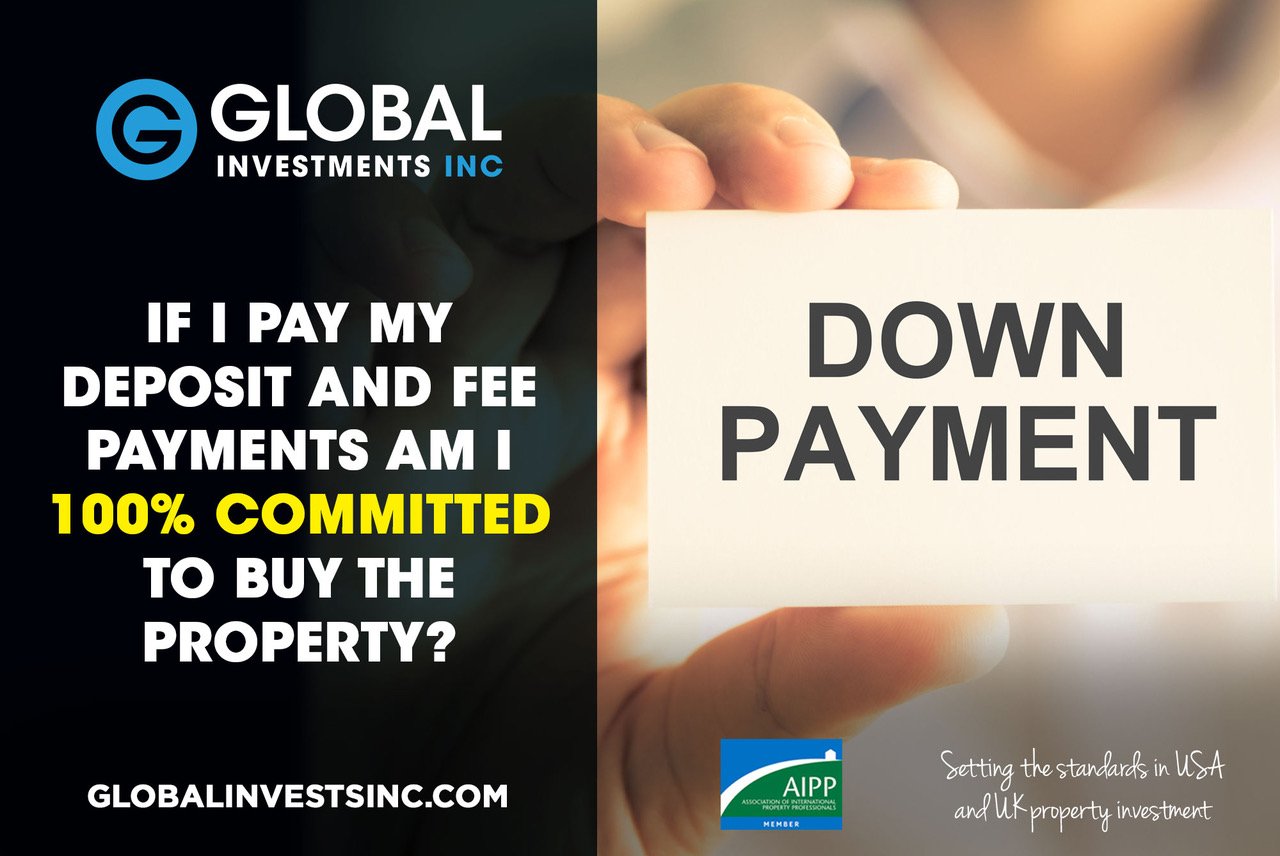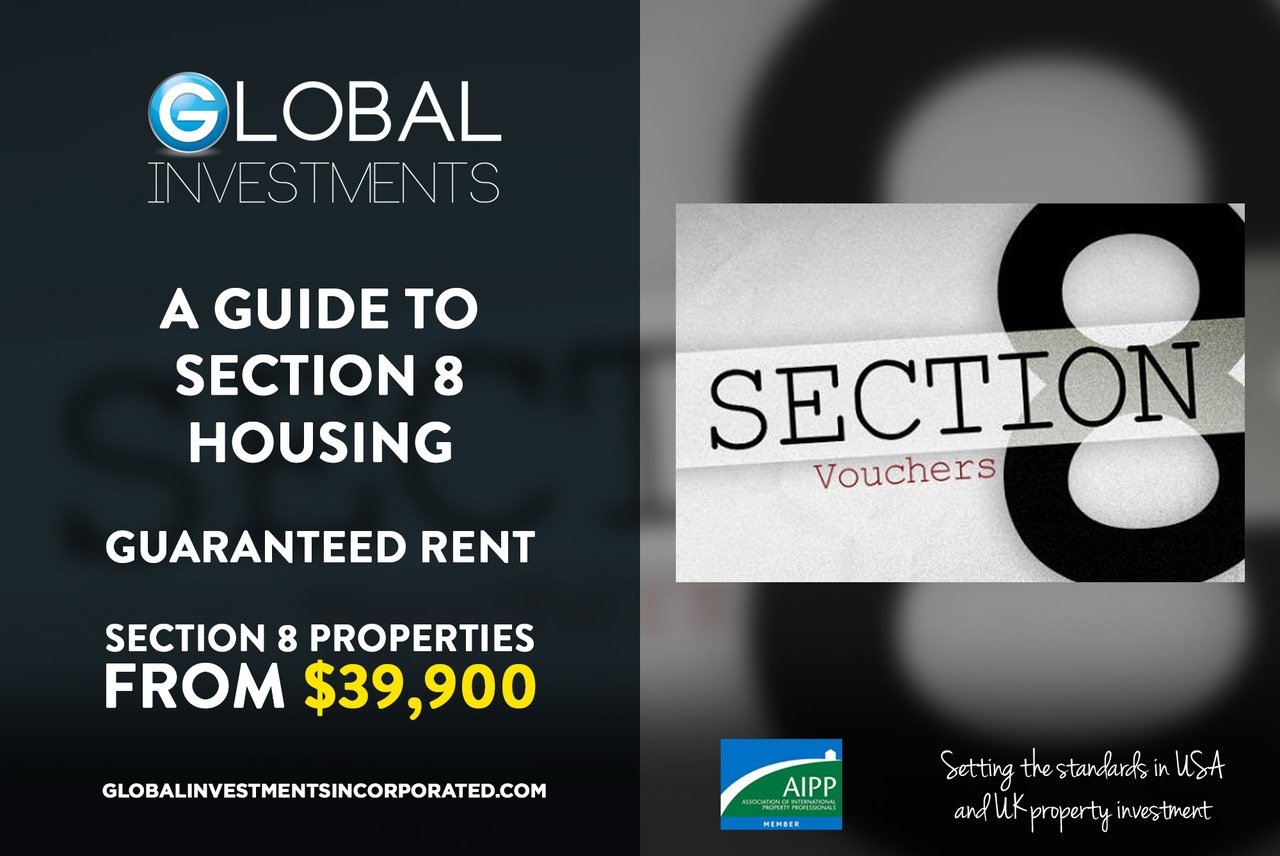
The Benefits of Investing in Buy-to-Let Properties with Housing Association Tenants vs. Standard AST Single-Family Tenants
The Benefits of Investing in Buy-to-Let Properties with Housing Association Tenants vs. Standard AST Single-Family Tenants When it comes to buy-to-let investments, one of the most important decisions for property investors is choosing the type of tenant to target. A popular debate often arises between renting to a housing association tenant and opting for a standard assured shorthold tenancy (AST) with a single-family tenant. Each approach offers unique benefits and drawbacks, but housing association tenants can provide distinct advantages that are often overlooked. · Government backed income · Long-Term Agreements · Reduced Management Effort · Lower Risk of Property Damage · Supporting Social Responsibility If you prioritise stability, Government backed income, and reduced management responsibilities, housing association leases are an excellent choice. Let’s look at the benefits of renting to housing association tenants compared to a standard AST single-family tenant. Government backed income One of the most significant benefits of housing association agreements is the potential for Government backed income. In many cases, housing associations enter into long-term lease agreements with landlords, ensuring a consistent rental income regardless of occupancy or tenant circumstances. This eliminates the risk of rent arrears that can occasionally occur with AST tenants. You know your rental payments will arrive on time every month, providing peace of mind and consistent cash flow. Long-Term Agreements Housing associations typically prefer longer-term lease agreements, often 25 years. This provides stability and minimises void periods, a common challenge with AST single-family tenants where turnovers can occur every 6 to 12 months. With a housing association lease, you won’t have to worry about frequent tenant changes, marketing costs, or re-letting fees. Reduced Management Effort With housing association tenants, the association often takes on significant management responsibilities. They handle day-to-day tenant interactions, including rent collection, maintenance requests, and any tenancy issues. This hands-off approach is ideal for investors looking for a passive income stream or those managing multiple properties. In with ASTs for single-family tenants, landlords often need to actively manage or outsource tasks, adding to their workload or costs. Lower Risk of Property Damage Housing associations are incentivised to maintain properties in good condition, as they are responsible for housing vulnerable individuals or families. They may even conduct periodic inspections and cover general wear and tear, reducing the risk of significant property damage. While single-family tenants under AST agreements may look after the property well, housing associations offer a higher level of accountability and oversight. Supporting Social Responsibility Investing in properties leased to housing associations allows landlords to contribute to social housing initiatives, providing safe, affordable housing to individuals and families in need. While this may not directly impact your financial bottom line, it can enhance your reputation as an investor and align with socially responsible goals. Key Differences with AST Single-Family Tenants While housing associations offer numerous benefits, it’s important to weigh them against the advantages of standard AST tenants, such as Higher Rent Potential: Single-family tenants may pay higher market rents compared to what housing associations offer, as the latter may negotiate lower rates due to bulk agreements or capped budgets. Greater Property Control: With ASTs, landlords retain full control over tenant selection and property usage, giving them more flexibility. Upside Potential: With an AST, landlords can regularly adjust rent to match market conditions, which is less feasible with fixed-rate housing association leases. Conclusion Choosing between a housing association tenant and an AST single-family tenant ultimately depends on your investment goals. If you prioritise stability, Government backed income, and reduced management responsibilities, housing association leases are an excellent choice. However, if your strategy focuses on maximizing rental yield and retaining full control, a standard AST might align better. For many landlords, diversifying across both models can provide a balanced portfolio, blending stability with market-driven income potential. Whichever route you choose, understanding your financial and operational goals will ensure your buy-to-let investment is successful and sustainable. Looking for tailored advice on financing your next property investment? Whether you’re purchasing for single-family rentals or leasing to a housing association, Global Investments can help you secure the right funding to meet your goals. Contact us today to speak to a property investments specialist.








